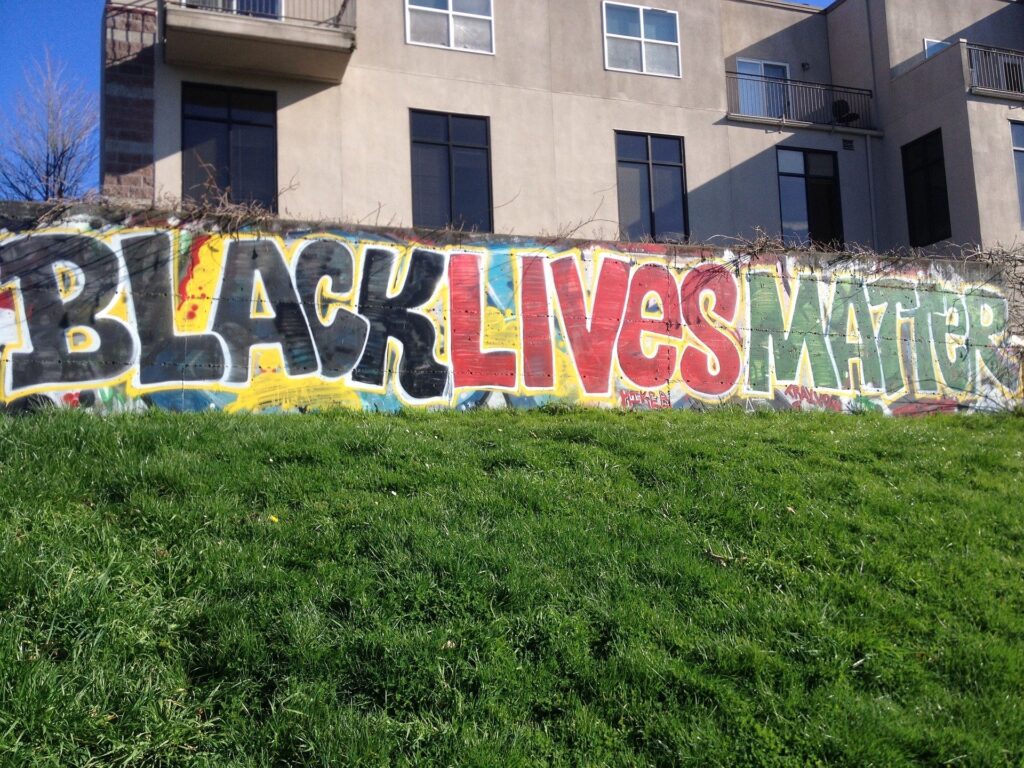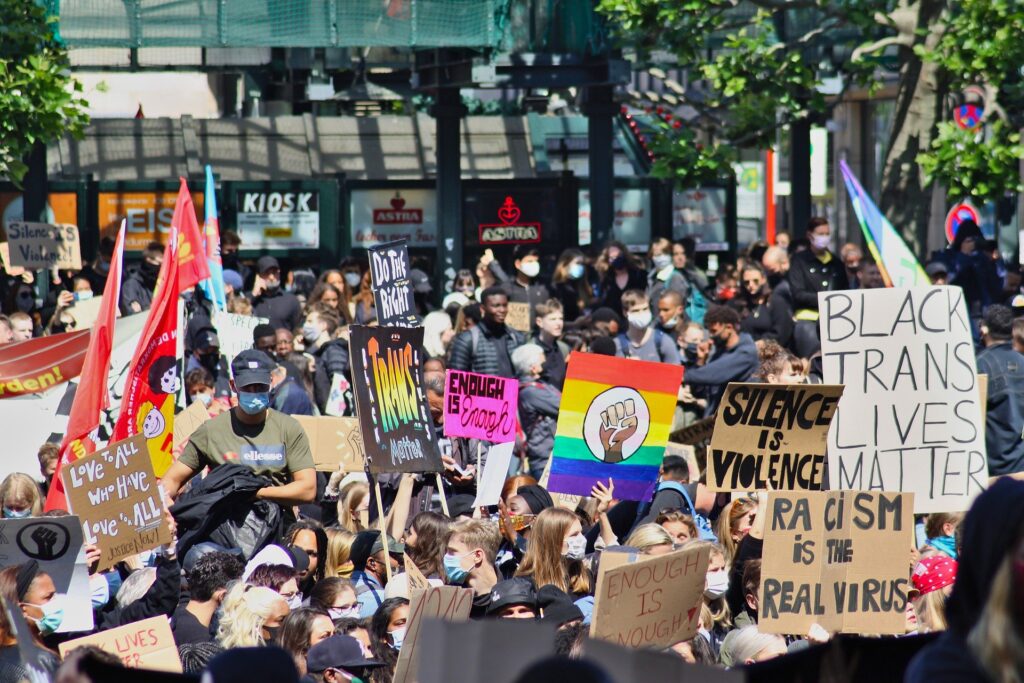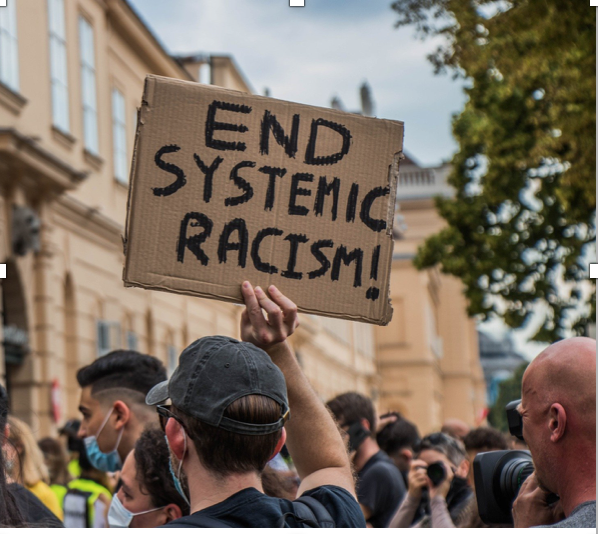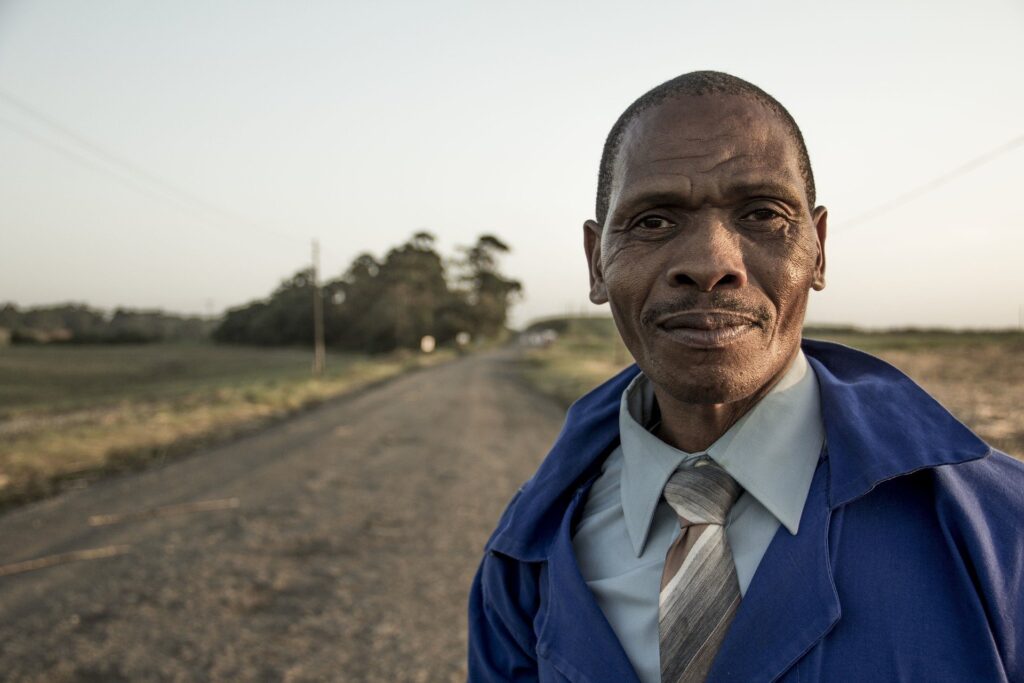
Today is Juneteenth, a historical day in the United States which commemorates the day when slavery ended. Unfortunately; however, racism has not. Anti-Black racism in particular, has a centuries-long history of bringing violence and pain to Black communities.
This is an unacceptable reality.
Today, in the United States and worldwide, communities are coming together to challenge this state of affairs. Communities are coming together to eliminate hate, racism and their traumatic effects. Communities are coming together to imagine a new reality that centers marginalized communities, uplifts the validity of lived experience and builds genuine connections based on open communication.
It is time to for all of us to stand up and speak out for equality and justice. It is time for us to listen and offer our presence to hear this pain. It is time for each of us to take personal responsibility for our own participation in racism.
Even if it didn’t begin with me or you, racism is a form of legacy trauma–it gets passed on across generations contributing to our unconscious biases and prejudices. And, now, it is our responsibility to take hold of what has been passed down and create change! It is time to open up to uproot racism and plant compassion.

Conscious listening illuminates a transformational path of healing.
Acknowledging our personal place in the story of the trauma of racism is an important step in the healing journey. Each of us has a unique relationship to ancestral history, lived experience, attitudes and understandings. This means that each of us can contribute to a global healing journey by tuning into our own embodied experiences.
A friend of mine was targeted this week because she is black. Today, she feels unsafe in her home. When reflecting upon her experience, my heart feels heavy. I feel a contraction in my chest and a lump in my throat. I recognize the ways in which I live an insulated life. I walk down the street without a second thought, I feel safe in my home. I feel safe driving my car. I do not worry about what would happen if I get pulled over. I often take these experiences for granted. No, longer can I deny that the reality that these privileges do not exist for many black and indigenous people of color. Sitting with the reality of this inequality, I weep.

Racism has closed off channels of communication.
In the interest of truly uprooting racism, we must rise to the challenge. Creating change relies on us. We must listen and we must lean into uncomfortable conversations.
Anti-racism is more than a belief—it is a lifelong commitment to action. Deep humility and vulnerability are a part of this journey.

Everyone has a story.
Listening as an art form awakens profound experiences of the self and soul offering a portal that can awaken a transformational experience of connection to others and the world. Listen for the emotional meanings conveyed by others. Listen for what is not being said. Listen inside of the space between the words.
Listening to others depends upon our ability to listen to ourselves; our own emotions and sensations. These inner responses deepen our and bring us closer to deep, authentic connection.
Join me in this practice:
As I write this on Juneteenth, I commit myself to a journey of anti-racist reflection and action. Please join me. Now is the time for action, and it begins with each of us reflecting upon our role in the process of global healing. As we engage with ourselves and our communities a compassionate approach will lead us into the future we deserve.
In solidarity and with respect,
Arielle
Dr. Arielle Schwartz is a licensed clinical psychologist, wife, and mother in Boulder, CO. She offers trainings for therapists, maintains a private practice, and has passions for the outdoors, yoga, and writing. She is the developer of Resilience-Informed Therapy which applies research on trauma recovery to form a strength-based, trauma treatment model that includes Eye Movement Desensitization and Reprocessing (EMDR), somatic (body-centered) psychology and time-tested relational psychotherapy. Like Dr. Arielle Schwartz on Facebook,follow her on Linkedin and sign up for email updates to stay up to date with all her posts. Dr. Schwartz is the author of four books:

Arielle Schwartz, PhD, is a psychologist, internationally sought-out teacher, yoga instructor, and leading voice in the healing of PTSD and complex trauma. She is the author of five books, including The Complex PTSD Workbook, EMDR Therapy and Somatic Psychology, and The Post Traumatic Growth Guidebook.
Dr. Schwartz is an accomplished teacher who guides therapists in the application of EMDR, somatic psychology, parts work therapy, and mindfulness-based interventions for the treatment of trauma and complex PTSD. She guides you through a personal journey of healing in her Sounds True audio program, Trauma Recovery.
She has a depth of understanding, passion, kindness, compassion, joy, and a succinct way of speaking about very complex topics. She is the founder of the Center for Resilience Informed Therapy in Boulder, Colorado where she maintains a private practice providing psychotherapy, supervision, and consultation. Dr. Schwartz believes that that the journey of trauma recovery is an awakening of the spiritual heart.